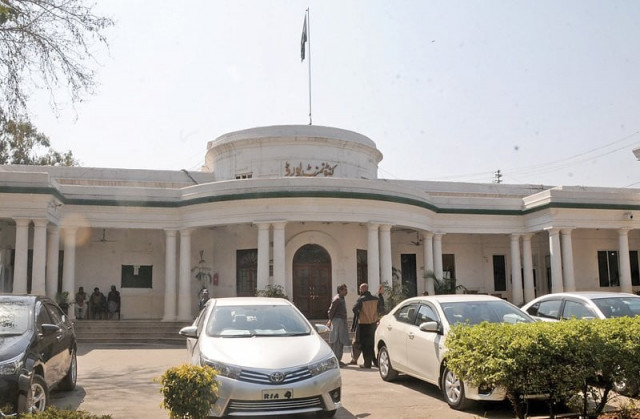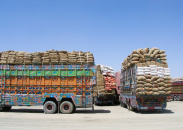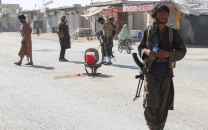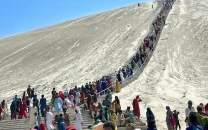RCB reduces utility charges after protest
Water, conservancy fee hikes cut by up to 60% following elected members' walkout

The Rawalpindi Cantonment Board (RCB) has reduced its proposed hike in water and conservancy charges by 30 per cent to 60 per cent following strong opposition from elected members, who walked out of the board's meeting on July 9.
The decision follows negotiations led by Vice President Malik Munir Ahmed and meetings with the Director General of Military Lands and Cantonments, Major General Irfan Ahmed Malik, Station Commander Brigadier Ahmed Nawaz, and Cantonment Executive Officer Ali Irfan Rizvi.
Under the revised plan, the increase in water charges for houses measuring 3, 5, and 7 marlas will be reduced by 60 per cent, with corresponding reductions in conservancy charges.
Larger homes and commercial buildings will see a 30 per cent to 40 per cent cut in the proposed hike.
Commercial entities drawing significant amounts of water from the Khanpur Dam supply system will now face double the current water rate.
Agreements will be signed with major malls, factories, and businesses regarding sanitation services. Institutions not receiving cleaning services from the board will be exempt from conservancy charges.
Currently, the Cantonment area has 52,000 water connections: 42,000 for small residential units, 6,000 for larger homes, and 4,000 commercial connections.
The board also approved a change in building bylaws to allow the construction of an additional floor on 5-marla houses, enabling a second floor above ground plus first floor.
Elected members thanked the DG MLC, Station Commander, and CEO for the concessions and pledged continued cooperation for the area's development.
Despite the new budget, residents continue to face serious issues in the cantonment area — particularly in the densely populated back-end localities, which contrast sharply with the well-developed front areas. Problems include broken roads and streets, lack of street lighting, poor sanitation, a faulty sewerage system, encroachments, unregulated commercial activity in residential areas, and widespread illegal construction.





















COMMENTS
Comments are moderated and generally will be posted if they are on-topic and not abusive.
For more information, please see our Comments FAQ